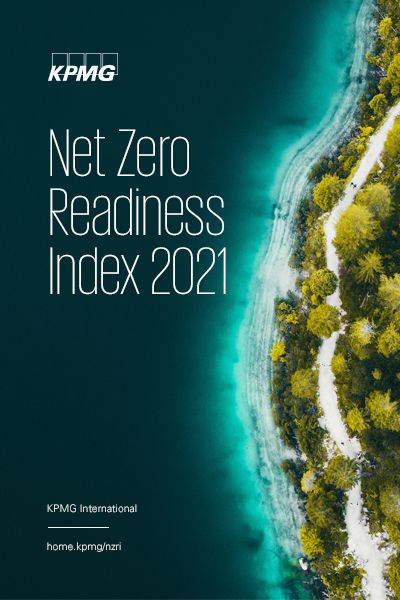Thailand has plans in place energy efficiency and developing alternative power sources, and aims to sell only zero-emission vehicles in the country from 2035. However, it has yet to say when it will reach Net Zero.
Public-private cooperation
Although the country has not yet adopted a Net Zero target, the Thai government has set out its approach to tackling climate change in plans on energy efficiency, alternative energy development and power development, all published in 2015. The Climate Change Master Plan runs until 20501 and Ganesan Kolandevelu, Advisory Partner, Climate Change and Sustainability, KPMG in Thailand, says steps envisaged in the plan are currently in progress.
The government is aiming to work in tandem with the private sector on climate change work. BTS Group Holdings has used green bonds to finance new lines for Bangkok’s Skytrain metro system which it operates, while several Thai companies have issued green bonds to raise money for renewable power generation, including Global Power Synergy and Energy Absolute.2
In harder-to-decarbonize sectors, the government has adopted green industry standards developed by the UN Industrial Development Organization (Unido) as a certification scheme that all of the country’s 71,000 factories will have to meet by 2025.3 But Ganesan says that progress in reducing emissions from the agriculture, land use and forestry and industrial sectors could be enhanced by improving research capacity, including technology that can measure the production of greenhouse gas. This is likely to require more investment and support from other countries, he adds.
Green transport
Ganesan says that new public transport services, which are currently being developed, are a tangible example of change linked to the government’s 2015 transport infrastructure development plan. This includes Bangkok’s Mass Rapid Transport train network, which has been extended outside the city.
The Thai government has an aim to sell only zero-emission vehicles in the country from 2035, but there are currently limited numbers of electric vehicles or charging stations to support them. To address this, the government has set a target to have 1.2 million such vehicles in use by 2036, along with 690 charging stations.4 Through the Board of Investment, the government offers significant tax exemptions to vehicle makers setting up manufacturing electric vehicles in Thailand. In November 2020, the board said it has already approved 26 projects to produce hybrid and electric vehicles with a combined production capacity of more than 566,000 units annually, involving companies including BMW, Honda, Mercedes Benz, Nissan and Toyota.5
Public support
The last few years have seen increasing public awareness of climate change in Thailand, partly due to the government adding the subject to the education curriculum. “You are creating a generation that is fully aware of the importance of climate change and what its impacts are going to be,” says Ganesan. Universities have also added material on the topic to relevant modules.
Contact
Connect with us
- Find office locations kpmg.findOfficeLocations
- kpmg.emailUs
- Social media @ KPMG kpmg.socialMedia
1 ‘Climate Change Master Plan 2015-2050’, Thailand Ministry of Natural Resources and Environment, July 2015. https://climate.onep.go.th/wp-content/uploads/2019/07/CCMP_english.pdf
2 Darana Chudasri, ‘BTS preps green bonds’, Bangkok Post, 7 November 2020. https://www.bangkokpost.com/business/2015619/bts-preps-green-bonds
3 ‘Government sets deadline for Thai factories to have green industry certification by 2025’, National News Bureau of Thailand, 10 March 2021. https://thainews.prd.go.th/en/news/detail/TCATG210310142810228
4 ‘Electric vehicle trends’, KPMG in Thailand, February 2018. https://home.kpmg/th/en/home/insights/2018/02/th-electric-vehicles-industry-focus.html
5 ‘Thailand BOI approves new EV package, and over 35 billion baht in large investment projects’, Thailand Board of Investment, 4 November 2020.



